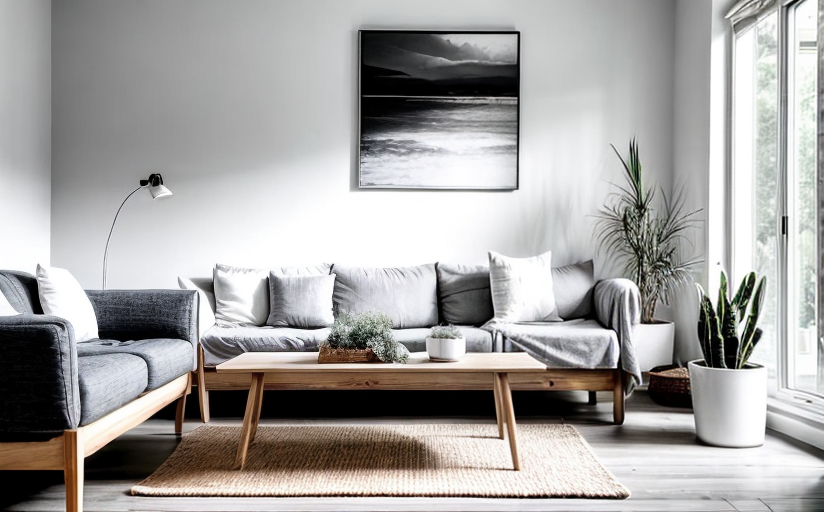Exploring the Concept of Minimalism
Minimalism is not just a design principle; it is a way of life that embodies the phrase, 'Less is More'. At its core, it is about subtracting the unnecessary from our lives to make room for what truly matters - our happiness, well-being, and relationships.
The Influence of Minimalism on Psychological Health and General Well-being
In contrast to a consumer-driven society that often equates happiness with material acquisition, minimalism proposes contentment through simplicity. As a lifestyle, it encourages mindful purchases, discourages impulsive buying, and fosters appreciation for what one already possesses.
Adopting a minimalist lifestyle can pave the path towards improved psychological health. Without the constant stress of acquiring, maintaining, and upgrading material possessions, there is space for calm and focus. Minimalism offers an antidote to the modern world's relentless pace, allowing individuals to slow down and truly engage with their surroundings.
Specific Benefits of Embracing Minimalism
Several studies and expert opinions attest to the many benefits of minimalism. Implementing minimalism can lead to:
- Reduced Anxiety and Stress: According to Professor Kasser from Knox College, an increase in materialistic values is correlated with higher levels of stress and anxiety.
- Increased Focus and Clarity: Famed minimalist and author Joshua Becker states that removing unnecessary clutter allows for increased concentration and mental clarity.
- Improved Relationships: As explained by psychologist Dr. Ryan Howell, investing in experiences rather than material possessions, a tenet of minimalism, can promote stronger social relationships.
- Financial Stability: By reducing expenditure on unnecessary items, individuals can enjoy greater financial freedom and security.
Practical Tips to Embrace Minimalism
- Start small: Begin by decluttering a single area, like your workspace or a particular room.
- Be mindful of purchases: Consider the necessity and longevity of every new purchase.
- Appreciate what you have: Regularly take stock of your belongings and express gratitude for them.
- Invest in high-quality items that last: Opt for durability over quantity.
Potential Drawbacks and Balancing Minimalism
Despite the benefits, minimalism isn't without potential drawbacks, and it's certainly not a one-size-fits-all solution. Over-emphasizing decluttering can manifest in scarcity mentality and evolve into another form of stress. It's also essential to remember that choosing a minimalist lifestyle doesn't mean shunning all possessions. The goal of minimalism isn't about deprivation but focusing on quality over quantity.
The key to deriving maximum benefits from minimalism is striking a balance. It's about realizing what truly matters, making room for those aspects, and learning to filter out the unimportant ones.




















Comments
Leave a Comment